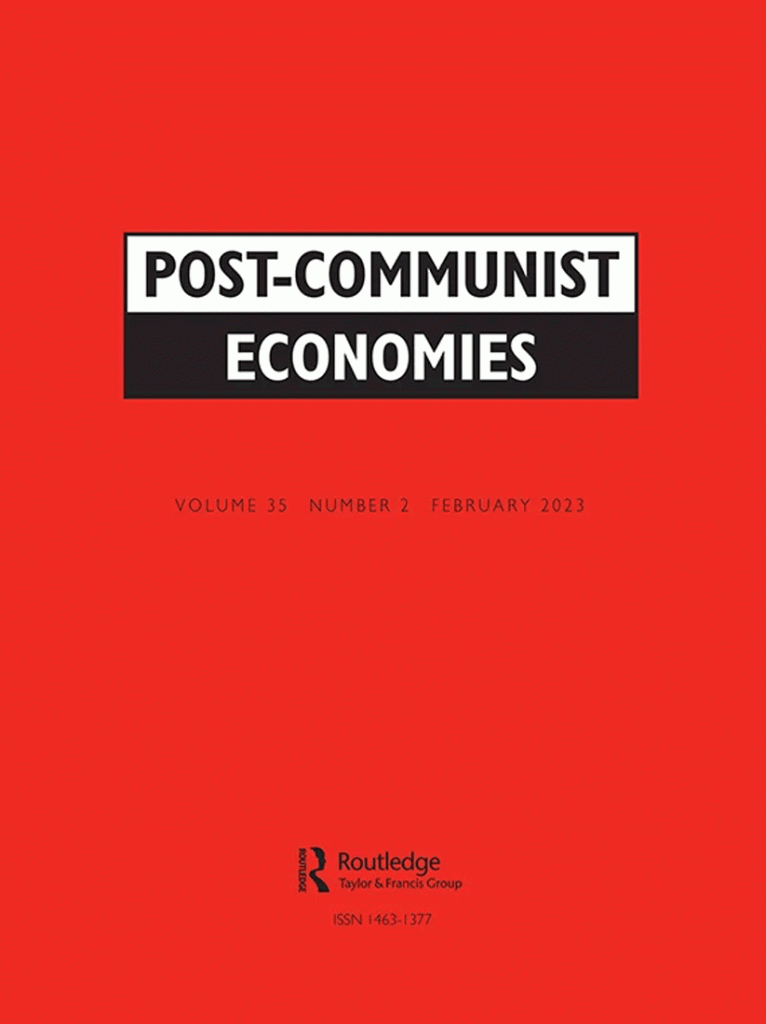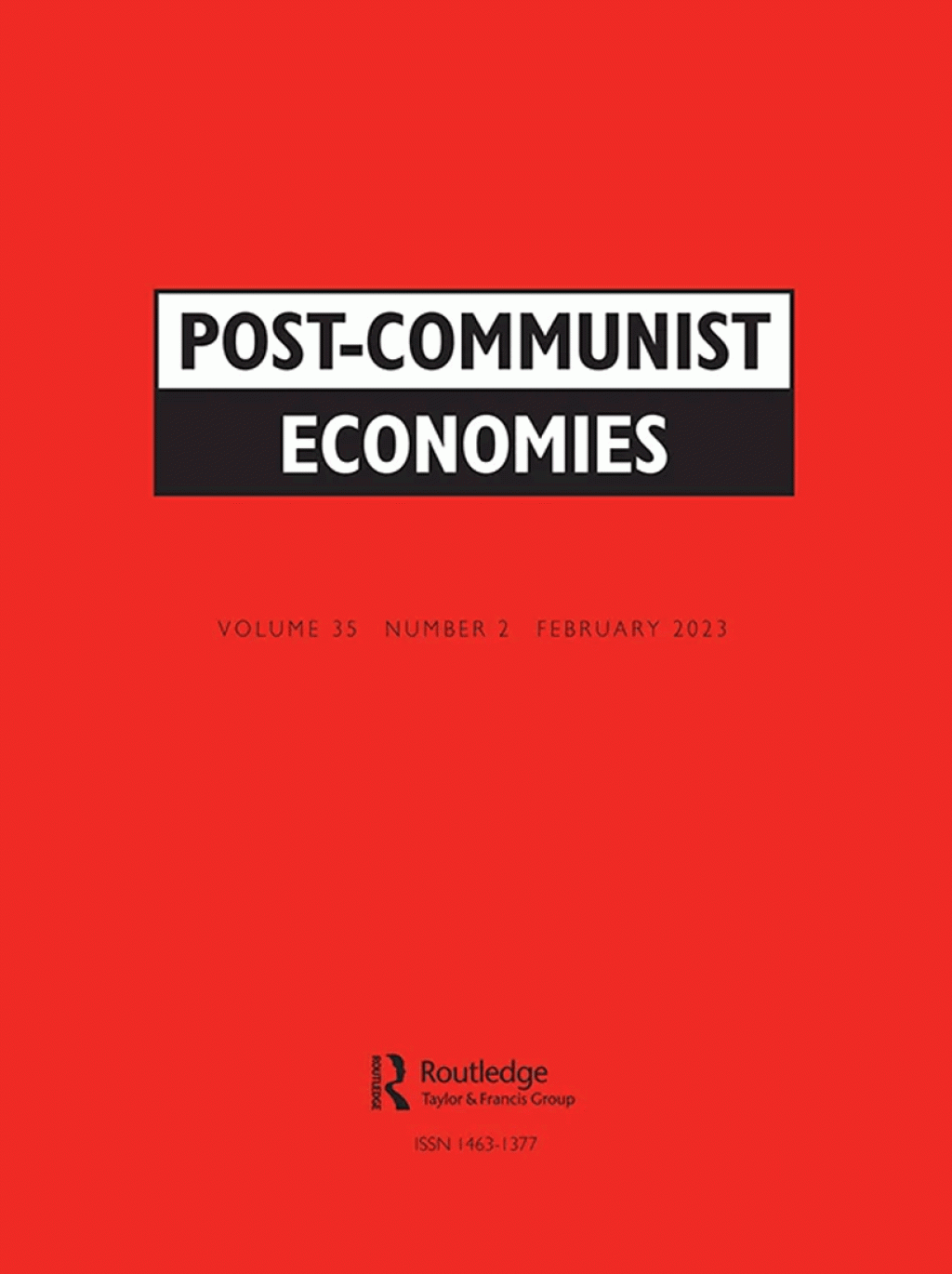Disentangling the semi-periphery: evolutionary trajectories and perspectives of the Austrian and Hungarian automotive industries
Authors: Andrea Szalavetz, Magdolna Sass
In: Post-Communist Economies
DOI: 10.1080/14631377.2023.2171179
Abstract
This article explores the transition of integrated periphery countries to a semi-periphery status. It sets out to refine the broad category of ‘semi-periphery’, distinguishing between upper and lower-order semi-periphery. It shows that compared to established members of the automotive semi-periphery, newcomers are often poorly equipped to thrive in the new competitive environment. Since it takes decades of organic accumulation to develop competitive assets that provide resilience, newcomers that used to thrive in the competitive environment of the integrated periphery often turn out to be the weakest members in the semi-periphery. Based on expert interviews, the article illustrates the theoretical arguments comparing the evolutionary trajectories of the Austrian and Hungarian automotive industries. We show that Austria, exemplifying the case of within-category upgrading (within the upper semi-periphery), can leverage its strong innovation potential, dense network of capable domestic-owned suppliers, tradition of cluster-based and industry – university collaboration, and developed market for technology. In contrast, the between-category transition of Hungary was propelled by the rising wage-level, while other indicators would not qualify it for the club of semi-periphery countries. Evolutionary trajectories in the lower-order semi-periphery can easily be derailed if industrial policy gets stuck in its – previously highly effective – integrated-periphery role.




